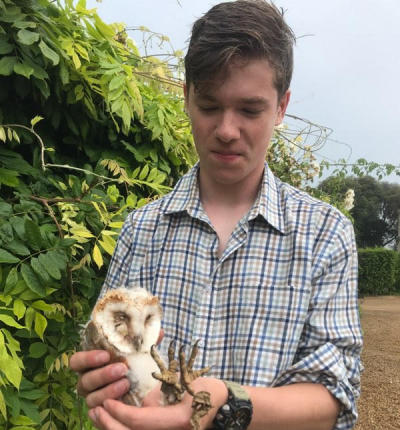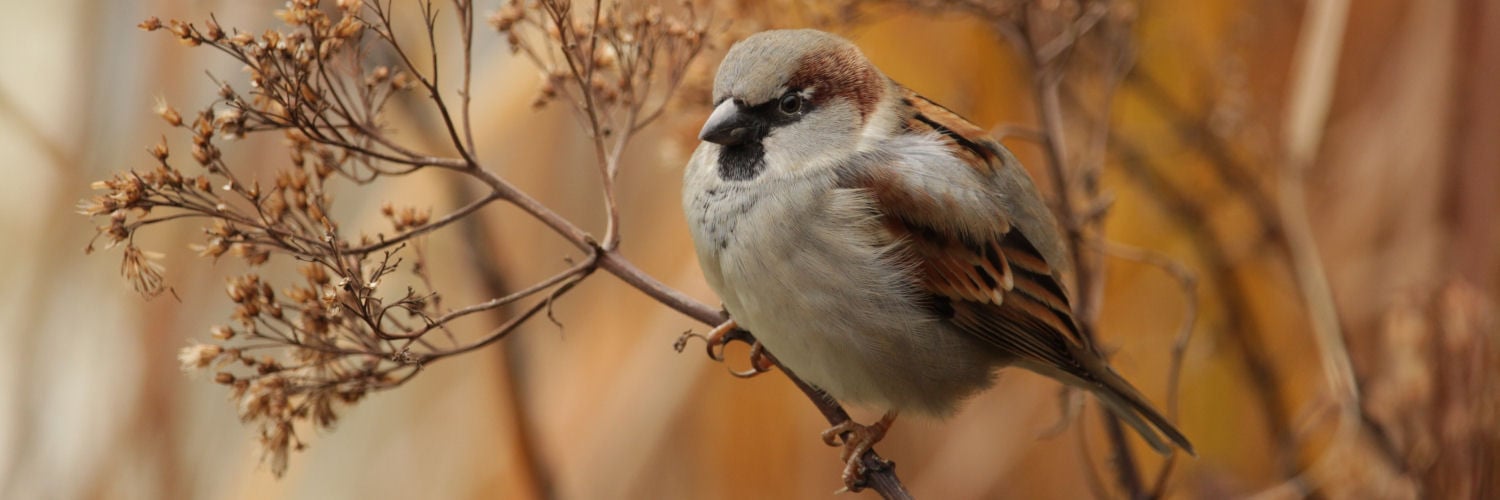Ollie Riley-Smith, first year biology student at Durham University
The natural world itself is collapsing due to the actions of mankind. The youth across the world will soon be burdened with solving this issue but many young people across the world do not have the opportunity to be educated on the crisis. Without the necessary knowledge, young people, as they enter the environmental sector will be on the back foot. A Natural History GCSE would provide early knowledge to every student that participates and ensure the health of the natural world is an important part of their mindset regardless of what career path they choose.

Currently there is minimal education on such an essential issue that is affecting everyone across the globe irrespective of their location or livelihood. In order to pursue the improvement of environmental problems or increase their knowledge on such issues, youth must pursue their own independent studying or alternatives without necessary guidance on how to locate accurate and reliable information or mentoring that will boost their future’s trajectory. The lack of systematic education to support those wishing to learn more about Natural History narrows their potential for further studies in the subject by reducing such a vast and important topic to a small section of the Biology syllabus.
A Natural History GCSE will spread the reach of the environmental sector and promote diversity within it as the pursuit of such a qualification will be available to all those in relevant levels of education. With the knowledge of nature being a part of education, young people may be given more confidence to pursue hobbies and interests within the environmental world.
Including Natural History in the education system will allow the knowledge and wellbeing of nature’s presence in the public eye to be boosted and the increase in awareness of such a crisis to be complimented by the mentorship and development of passionate youth.
Climate anxiety is present throughout a lot of young people, however, a Natural History GCSE may provide students with the tools and opportunities to understand that there are many different solutions to the problems that face nature and that there is more hope than may be perceived by the public. Such tools and opportunities may also increase motivation to work to solve otherwise daunting challenges.
As someone very passionate about the natural world, a GCSE studying such topics would have leapfrogged me further along my environmental journey and provided a fascinating topic to pursue academically. During my time leading up to and during GCSEs, in order to follow my hobbies and interests in Natural History I had to find time outside of my studies with the mentorship of teachers during their spare time. With Natural History being included on the curriculum students will have more chances and better resources to study such a topic. Those who are not passionate about such a subject can be given the chance to become passionate at an earlier stage than they might otherwise have the chance to. Those who are already keen on Natural History can start their environmental journey sooner.
Ollie Riley-Smith
I am a first year biology student at Durham University with a keen passion for wildlife conservation and environmentalism. I am a WWF Youth ambassador and I have had the chance to work alongside many other environmental and youth organisations in the UK and abroad. I have worked on the frontline of conservation in Namibia and South Africa. With a love for the outdoors, wilderness living and bushcraft stemming from a rural upbringing I have a strong connection to nature. I have a huge interest in wildlife videography and photography which I am working towards as a career to educate people across the world on environmental issues.
Keep up to date with our proposed GCSE in Natural History and other Cambridge OCR Natural History news by signing up our email newsletter and updates. You can read back issues of our Natural History newsletter here.


